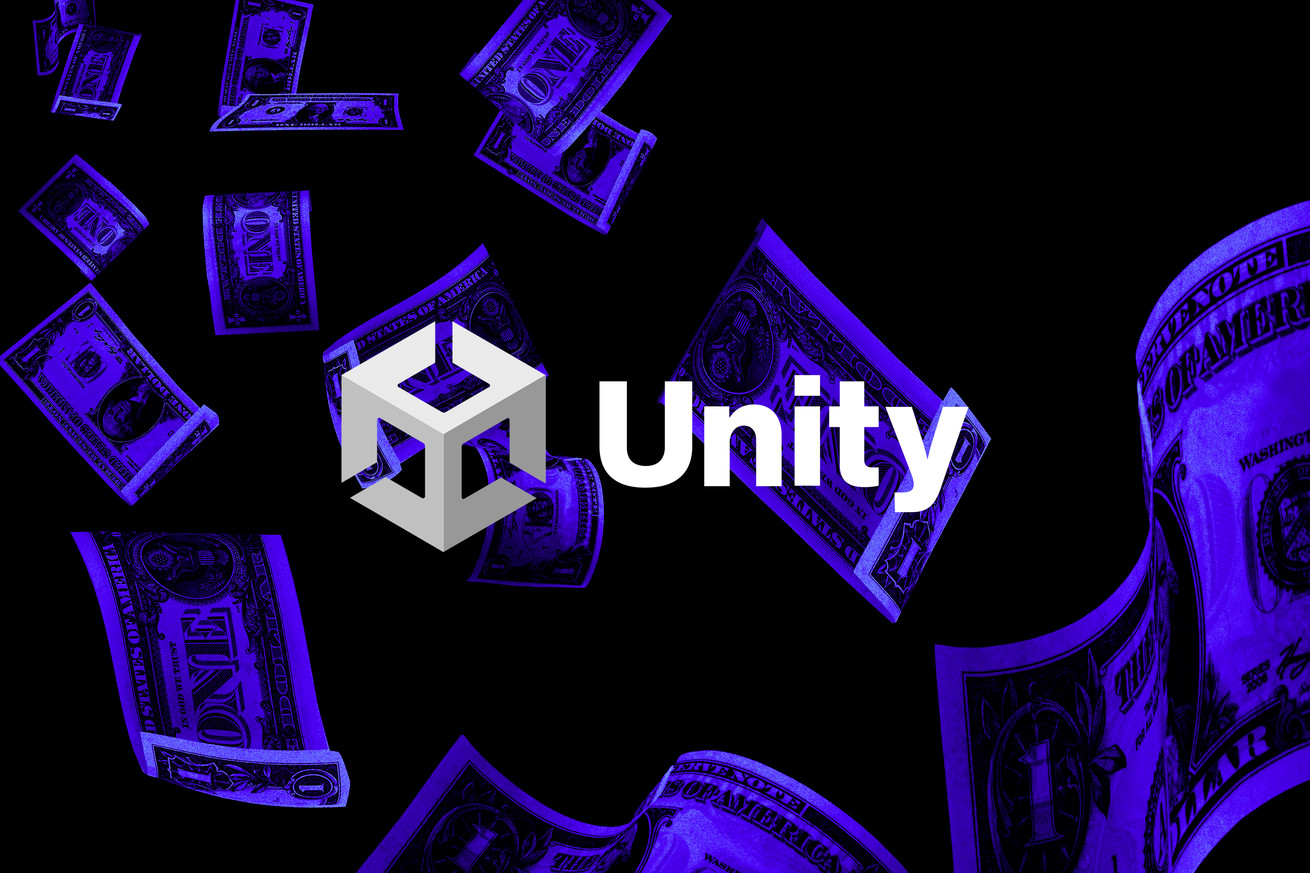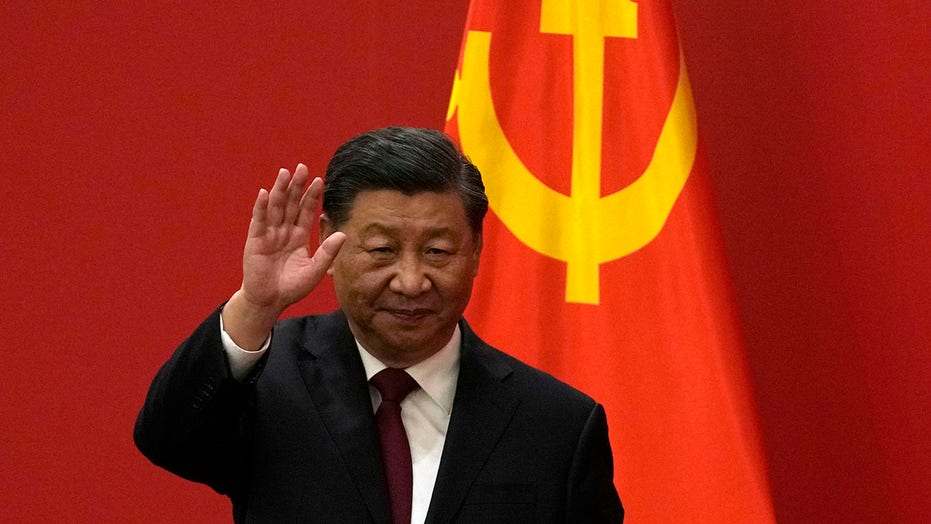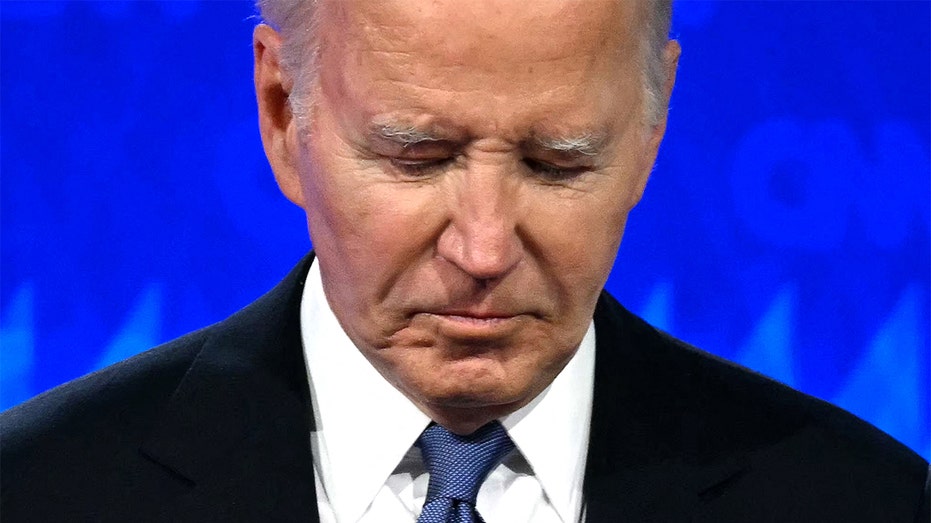- by foxnews
- 19 Jan 2025
Unity has eliminated its controversial runtime fee
One year to the day since Unity announced its runtime fee pricing model, the software developer is canceling that program effective immediately. “After extensive consultation with our games community and customers, we’ve decided to cancel the Runtime Fee,” said Unity CEO Matt Bromberg in the blog post announcing the news. Instead of the runtime fee, Unity will return to a per-seat subscription model.Last year, Unity caused a stir within the game development community with a controversial update to its pricing model. Instead of charging developers a set monthly rate based on the number of users utilizing the software, it would implement a pay-per-download scheme that charged developers every time their game was downloaded. That meant
- by theverge
- 13 Sep 2024
- in technology

One year to the day since Unity announced its runtime fee pricing model, the software developer is canceling that program effective immediately. "After extensive consultation with our games community and customers, we've decided to cancel the Runtime Fee," said Unity CEO Matt Bromberg in the blog post announcing the news. Instead of the runtime fee, Unity will return to a per-seat subscription model.
Last year, Unity caused a stir within the game development community with a controversial update to its pricing model. Instead of charging developers a set monthly rate based on the number of users utilizing the software, it would implement a pay-per-download scheme that charged developers every time their game was downloaded. That meant instead of paying a flat, predictable rate to Unity, payouts could fluctuate, resulting in potentially higher fees.
This news caused a massive uproar in the game development community with developers voicing their frustration on social media. Developers argued that the pricing model was implemented without adequate warning, forcing them to either pay the new fees that can't be adequately budgeted for or make a costly and time-consuming switch to new software. They also claimed the per-download model could be exploited by malicious actors to run up fees on developers they don't like.
As a result, some developers publicly committed to moving away from Unity to other game development programs like GameMaker and Godot. Meanwhile, a group of mobile developers boycotted Unity by turning off ad monetization, freezing ad revenue payouts to the company.
Unity took several steps to quell developers' ire. The company restructured the pricing model, raising the threshold at which the per-download fee would kick in to $1 million across all tiers of products. Unity also added a new option that allows developers to choose how to pay: either a flat 2.5 percent revenue share or the amount calculated by the per-download pricing scheme. The company also held a Q&A with Unity Create president Marc Whitten in which he apologized for the pricing model's rollout. Just one month after the announcement, Unity CEO John Riccitiello retired and earlier this year, Whitten left the company.
This new pricing model returns Unity to a per-seat subscription model, but there's a catch; starting on January 1st, 2025, pricing will go up for Unity Pro and Unity Enterprise tiers. You can check out the specifics here.
- by foxnews
- descember 09, 2016
'Hurkle-durkling' is the viral travel trend that involves lying in bed all day
A viral travel trend called "hurkle-durkling" has more travelers embracing lounging in bed all day. Now, hotels nationwide are introducing amenities to cater to the trend.
read more





